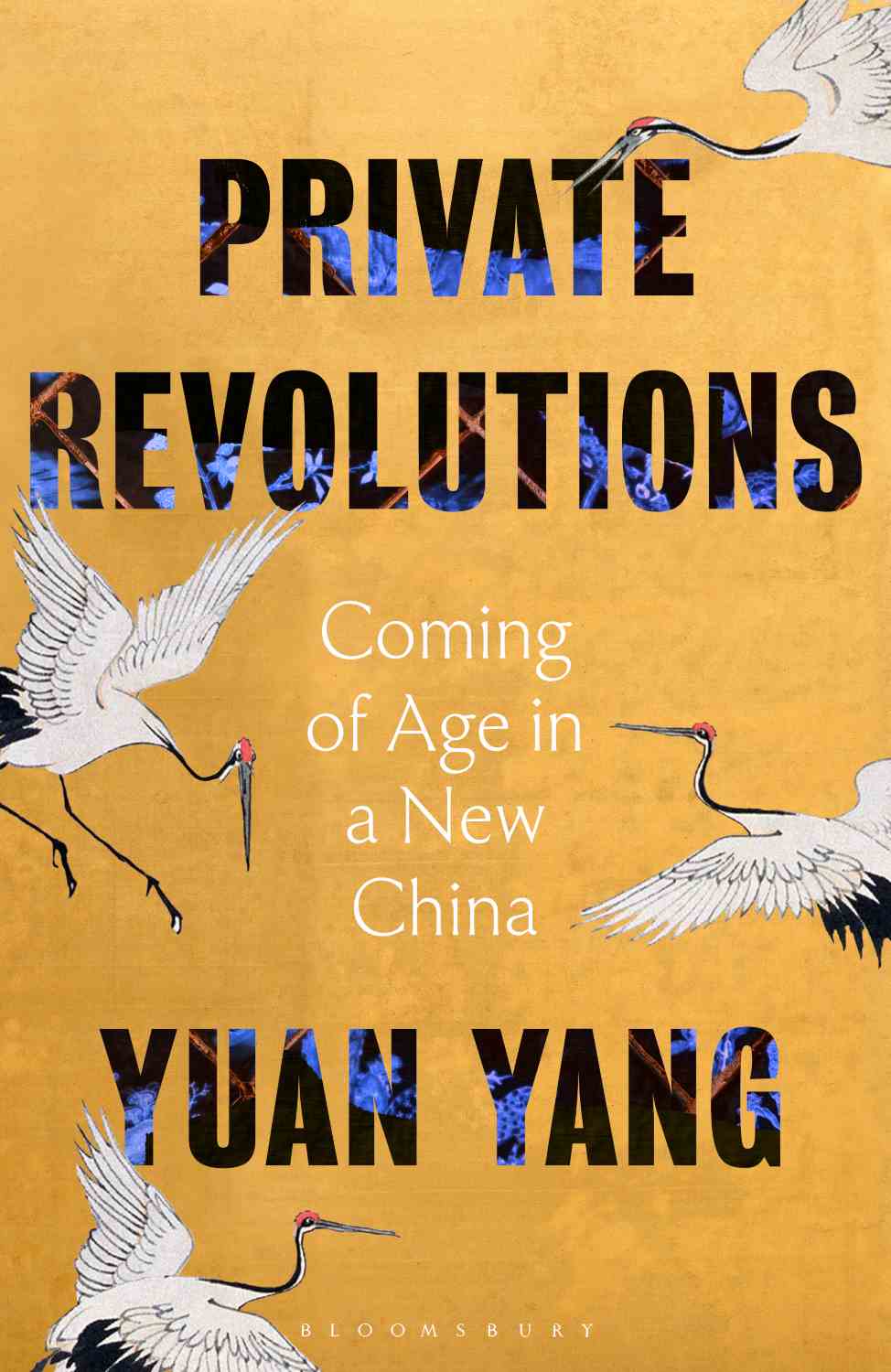'Insightful': Baroness Wheatcroft reviews: 'Private Revolutions: Coming of Age in a New China'
October 2008: Young woman in Shenzhen | Image by: Lou Linwei / Alamy Stock Photo
3 min read
A tale of four determined women struggling to negotiate the obstacle of the Chinese state at a time of profound change, newly elected MP Yuan Yang has produced a fascinating debut book
At the start of the 1980s Shenzhen was just a collection of fishing villages. Today, it is China’s Silicon Valley, with a host of high-tech manufacturing companies and the fifth-highest number of billionaires in any of the world’s cities. Transformation on that scale does not occur without cost. Yuan Yang spent her first four years in China before her parents brought her to the UK. Now, in a fascinating debut book, she endeavours to chronicle the extent and the cost of the changes that China’s people have been living through.
She returned there as a writer for the Financial Times, hanging on when others were banished, but now, in a development which would be unthinkable in China, she is the Labour Member of Parliament for the new constituency of Earley and Woodley in Berkshire.
Yuan is an excellent reporter, so her book is high on facts and lower on emotion. Yet the stories she relates are bound to elicit sympathy, for they tell the tales of four feisty women and their families overcoming the obstacle of an unyielding state to make their way in an often inhospitable environment far removed from anything their grandparents could have imagined.
Yuan is an excellent reporter so her book is high on facts and lower on emotion
The four women shared an understanding that, if they were to thrive in the fast-industrialising country, then a good education was paramount. What stood in the way of Leiya, in particular, was the hukou system, which restricts people’s access to benefits such as healthcare, education and the right to buy property to specific areas, and amounts to a geographical class system.
In 2013, his first year in office, Xi Jinping declared that, within the next seven years, the proportion of China’s population living in urban areas should increase from 50 per cent to 60 per cent. That meant moving 100 million people. But, while many had little choice but to leave their rural roots, their hukou status did not automatically change. As Yuan chillingly puts it: “They were only wanted as labour, not as humans.”
So if children were to be educated, they were expected to be sent back to their grandparents in the rural areas. Leiya’s parents were determined that she should get her secondary education in the city where they worked and lived but the demeaning lengths to which her mother went to try and secure what, in the West, would be considered a human right, were extraordinary.
 The four girls battled through the system and each achieved at least some of their goals, for instance one becoming an educational entrepreneur and another a post-graduate student abroad. But as Sam, the member of the quartet who became a Maoist activist, eventually had to accept, battling against the Chinese state was exhausting and doomed to failure.
The four girls battled through the system and each achieved at least some of their goals, for instance one becoming an educational entrepreneur and another a post-graduate student abroad. But as Sam, the member of the quartet who became a Maoist activist, eventually had to accept, battling against the Chinese state was exhausting and doomed to failure.
Yuan, with the eyes of an economist, makes clear that China’s economic revolution has improved the financial wellbeing of many but, while their quality of life has been improved materially, in other respects it has suffered and repression is rife.
This is an insightful account of the impact of the state on individuals. Yuan now has the chance to bring that insight to bear on the lives of those living in the UK.
Baroness Wheatcroft is a Crossbench peer
Private Revolutions: Coming of Age in a New China
By: Yuan Yang
Publisher: Bloomsbury
